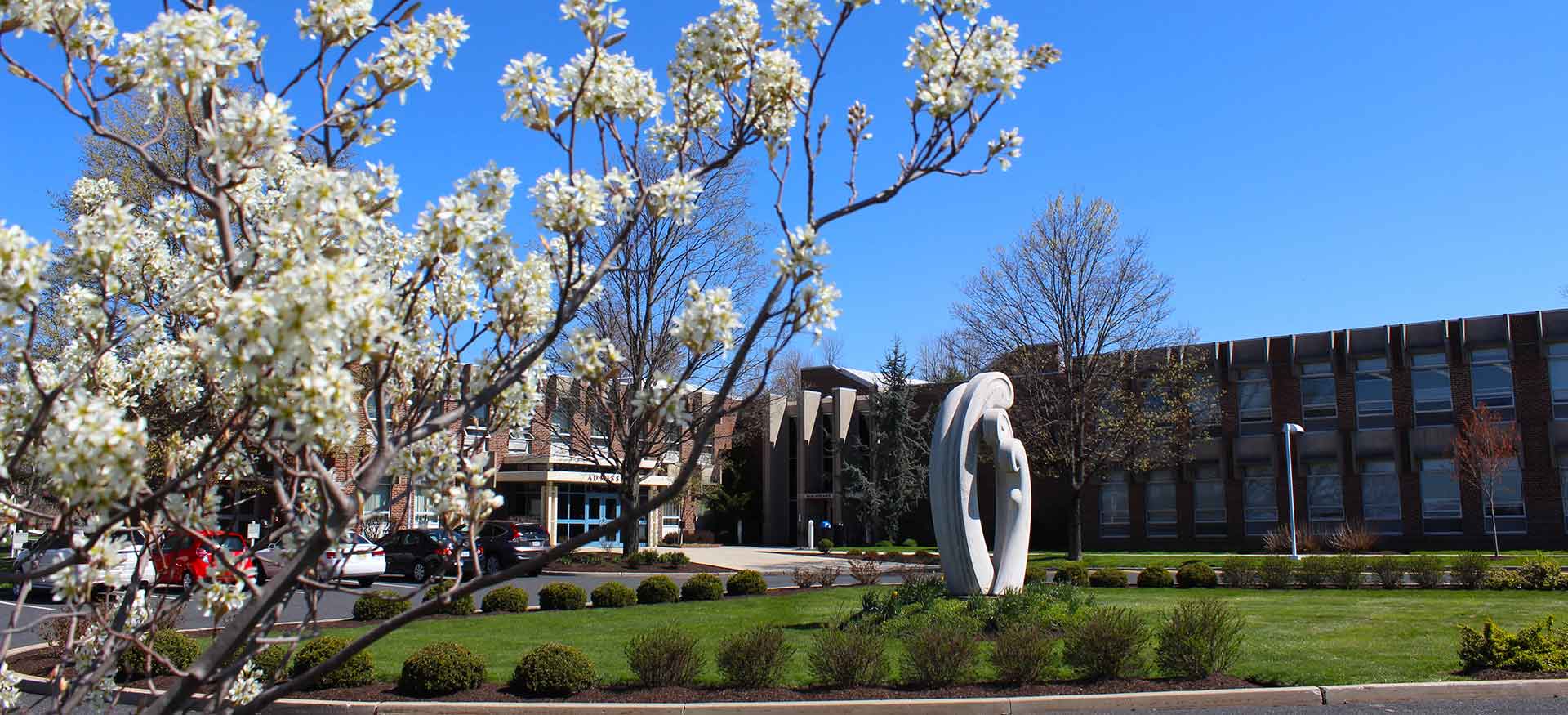Award-Winning Journalist Mara Liasson Presents 32nd Frank L. Marcon Lecture
Mara Liasson, national political correspondent for NPR and a contributor to FOX News Channel, presented the 2019 Frank L. Marcon Lecture.
“I’m covering the third season of the Trump show,” she told the audience of nearly 600 in Billera Hall. “He is a very spontaneous president. He follows his gut instincts. Everyone in Washington has had to adjust.”
Liasson is the national political correspondent for NPR and a contributor to FOX News Channel. She’s covered every presidential election since 1992 but never anyone quite like President Trump, who just this week cut ties with his secretary of homeland security and director of the Secret Service, while also threatening to slap new tariffs on Mexico.
“This has been just a typical week in Washington,” Liasson said to laughter from the crowd.
Despite the fact that Trump’s approval rating has been stuck in the mid-40s, Liasson predicts that he will run for re-election using the same playbook that he used in 2016 and that without a recession or major crisis, he is the favorite to win.
“Overall, the economy is good. [Trump] also has a firm grip on his base. His base may not be getting bigger but they are still loyal and energized. That is his North Star.”
Liasson also weighed in on what she calls the rotating cast of Democratic presidential candidates, from Bernie Sanders and Beto O’Rourke to Kamala Harris and Amy Klobuchar. She says the party’s biggest dilemma is whether to become the left-wing image of Trump.
“Despite the surge in youthful energy and left-wing zeitgeist, the majority of Democratic primary voters will be over 45. The loudest voices aren’t necessarily representative of the majority.”
She does predict that the Democratic presidential ticket will consist of some combination of a woman and/or minority along with someone who can appeal to the battleground states of Pennsylvania, Wisconsin, and Florida. But no matter who wins, Liasson believes this election will be the ugliest and most polarizing of our lifetime.
“Our politics is as polarized as it’s been since the Civil War. This is not just a problem in the United States. All western democracies are now defined by negative partisanship. Voters are organized around opposing the other side. They vote based on their fear and distrust of the other side, not for support of their team.”
The Marcon Lecture series is named in memory of Frank L. Marcon, a prominent area businessman who served as a DeSales University trustee from 1966 until his death in 1982.




